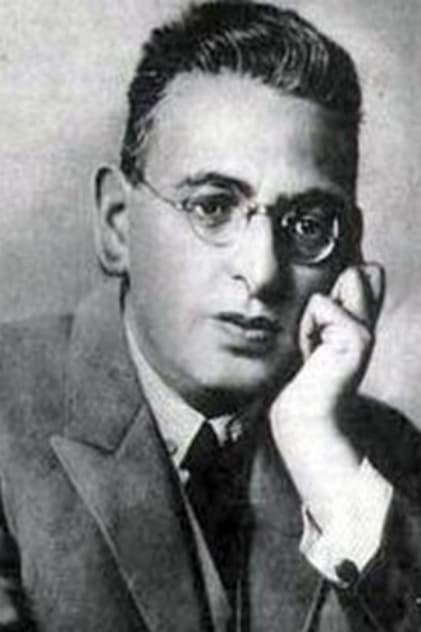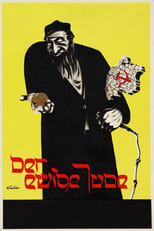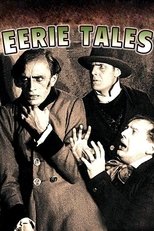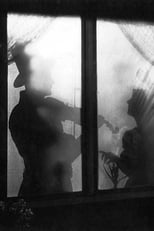

Richard Oswald
Born: November 5, 1880
Died: September 11, 1963
in Vienna, Austria
Died: September 11, 1963
in Vienna, Austria
Richard Oswald was an Austrian director, producer, actor and screenwriter. He directed more than 100 feature films from 1914 to 1951. Among them the classics "Nachtgestalten" (1920), "Unheimliche Geschichten" (1919/1932), "Die Prostitution 1-2" (1919) and "Alraune" (1930).
Being Jewish, Oswald was forced to flee Nazi Germany, first for occupied France and later emigrating to the United States.
Being Jewish, Oswald was forced to flee Nazi Germany, first for occupied France and later emigrating to the United States.
Movies for Richard Oswald...

Title: The Eternal Jew
Character: Self (archive footage)
Released: November 28, 1940
Type: Movie
A Nazi propaganda film made to promote anti-Semitism among the German people. Newly-shot footage of Jewish neighborhoods in recently-conquered Poland is combined with preexisting film clips and stills to defame the religion and advance Hitler's slurs that its adherents were plotting to undermine European civilization.


Title: Die zärtlichen Verwandten (Trailer)
Character: self
Released: August 1, 1930
Type: Movie


Title: Eerie Tales
Released: November 5, 1919
Type: Movie
After the old-books shop closes, portraits of the Strumpet, Death, and the Devil come to life and amuse themselves by reading stories--about themselves.


Title: Tales of Hoffmann
Released: February 26, 1916
Type: Movie
This movie, directed by Richard Oswald, is based on the operetta "Les contes de Hoffmann" by Jacques Offenbach (1819-1880), which is a genial musical potpourri from various short stories and novels by the Prussian writer, composer, painter, lawyer and judge E.T.A. Hoffmann (1776-1822). While Hoffmann's literary work was longtime considered to be merely fantastical, it was finally researched, in the last years, according to its metaphysical background. Characteristic for Hoffmann's work is his life-long fight against rationalism and for the revelation of nature morte, culminating mostly in carnival-like scenes anticipating literary techniques only described in the works of Bachtin and Bachelard.
